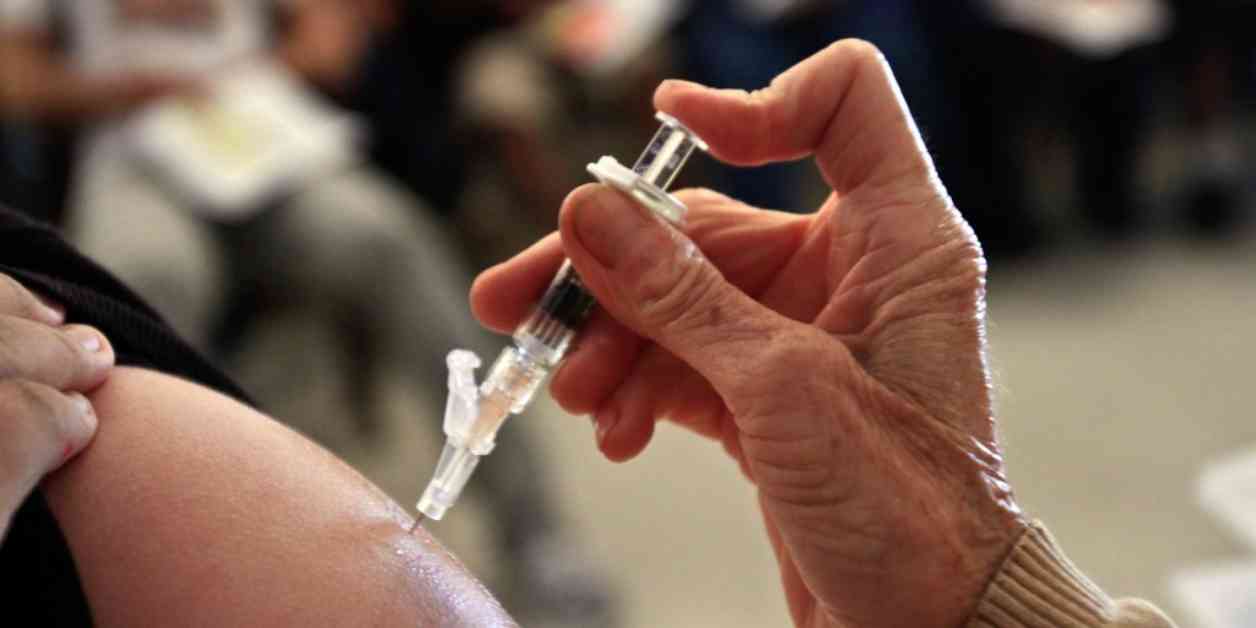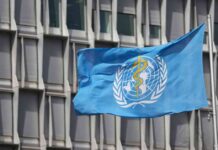The United States is currently facing a concerning rise in cases of whooping cough, also known as pertussis, especially among unvaccinated teens. Experts are attributing this spike to vaccine hesitancy, which has been exacerbated by the ongoing Covid-19 pandemic. Dr. Tina Tan, president-elect of the Infectious Diseases Society of America, explains, “With the increase in vaccine hesitancy that has been going on since the Covid-19 pandemic, we’re seeing outbreaks occurring in kids who are not vaccinated.”
The DTaP vaccine, given to babies, helps protect against three diseases: pertussis, diphtheria, and tetanus. While the vaccine is effective against diphtheria and tetanus, its efficacy against pertussis diminishes over time. To address this issue, advisors to the Food and Drug Administration recently discussed the need for more robust and longer-lasting versions of the whooping cough vaccine. In the meantime, boosters are recommended approximately every 10 years, starting in the tween years as children enter middle school. It is the tweens and teens whose immunity against whooping cough has waned that are fueling outbreaks in many states, according to experts.
The Centers for Disease Control and Prevention (CDC) reported a significant increase in whooping cough cases, with 14,569 cases confirmed so far in 2024 compared to last year’s total of 3,475 cases. This surge marks the highest number of preliminary cases reported since 2014, indicating a resurgence of the highly contagious respiratory infection. Dr. Jim Conway, a pediatrician and infectious disease expert at UW Health in Madison, Wisconsin, notes that the actual number of cases is likely much higher, as many individuals with whooping cough may not seek medical attention.
The current numbers suggest a return to pre-pandemic levels of whooping cough cases, with approximately 10,000 cases reported annually nationwide before the pandemic, according to the CDC. Growing anti-vaccine sentiments are seen as a contributing factor to the outbreaks, particularly among adolescents and adults who have not received the recommended vaccinations. Dr. Tan emphasizes, “We’ve been seeing increasing amounts of disease occurring in adolescents and the adult population because they’re not getting vaccinated like they should.”
Some regions of the country are experiencing significant spikes in whooping cough cases. In Wisconsin, the Department of Health Services reported a tenfold increase in pertussis cases, with 625 confirmed cases in 2024 compared to 51 in 2023. Similarly, Connecticut has seen a sharp rise in cases, with 111 reported cases so far in 2024 compared to just 11 in the previous year. While some areas like Duke University School of Medicine in North Carolina and Children’s National Hospital in Washington, D.C., have not reported recent cases, others have faced outbreaks among teens and young adults, underscoring the importance of vaccination.
Healthcare professionals emphasize the importance of timely vaccination against whooping cough, particularly for vulnerable populations such as newborn babies. Dr. Karen Ravin, division chief of infectious diseases at Nemours Children’s Health in Delaware, stresses the effectiveness of the vaccine in preventing severe cases of pertussis, highlighting the importance of ensuring children are up to date with their vaccinations. Pregnant women are encouraged to receive a whooping cough booster during their third trimester to protect their newborns, who are most vulnerable to the infection.
The consequences of whooping cough can be severe, especially for newborns who may require intensive care due to their inability to cope with the persistent coughing fits associated with the illness. Dr. Jim Conway warns, “Those babies are coughing so much they can’t eat, they can’t drink, so they end up in the intensive care unit.” While older children and healthy adults may experience milder symptoms, the potential for transmission of the bacteria remains a concern, underscoring the importance of vaccination to prevent the spread of the disease.
In conclusion, the recent surge in whooping cough cases underscores the critical need for vaccination to protect against this highly contagious respiratory infection. Vaccination not only safeguards individuals from severe illness but also helps prevent the spread of the disease within communities. Healthcare professionals urge parents to ensure their children are up to date with their vaccinations and emphasize the importance of timely boosters to maintain immunity against whooping cough. By prioritizing vaccination efforts, we can work towards reducing the prevalence of whooping cough and safeguarding public health.


















